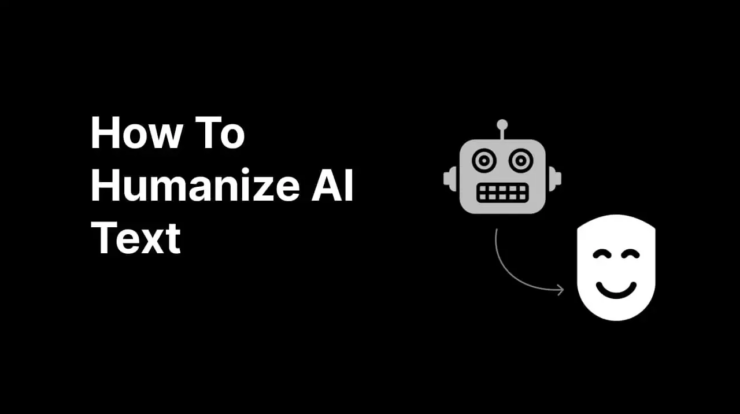
2020 has been a challenge for us all! But as we are learning to cope up with the challenges of COVID-19, we are planning to bring things back to the track. The empty classrooms, silent lecture halls and empty cafeterias are looking forward to students’ chatter. Teachers are waiting to teach in the classrooms and not beside a camera. However, not everything is expected to go back to normal pretty soon.
This is why educational institutions are preparing themselves for the ‘new normal’ and we are likely to experience some big changes in education by 2021. Here are some of the insights into what is changing in the education world now.
1. Technology and Education Will Now go Hand-in-Hand
Online education was already making a big impact all across the globe. With the introduction of MOOCs and other kinds of short-term and long-term online courses, online learning technology was already popular among learners. Many students pursue a short-term online course to enhance their skills or learn a different subject. However, students still preferred taking full-time education in physical classrooms.
But now, many universities and schools are willing to continue with full-time online learning programmes until the pandemic is under control. Paul, an assignment help expert, told us that many Australian university professors believe that it is much convenient to reach a large number of students online while in physical classrooms. It is being said that even if colleges and universities reopen, students will have to study some parts of the courses online.
2. Fewer Subjects, Greater Feedbacks
It could be a possibility that universities would cut down the number of courses that they offer. Sydney University has already announced that they are cutting up to 30% of their art courses because of less budget. Similarly, other educational institutions might also miss out on courses that do not get many enrolment applications in general. This way the institutions will be able to invest in popular courses and other expenses.
Not every teacher is familiar with online teaching scenarios. Not all of them have the right equipment or technical knowledge to pursue classes online. Yet all of them are trying their best so that learning of students never stops. Yet, there would be a big role in students’ feedback about the classes so that the institutions and the instructors both can improve. Students must therefore be attentive and regular during the online sessions. Their participation and feedback would be much appreciated from now on.
3. Change in Hiring Scenarios at Universities
With travel restrictions being held up in various parts of the world, fewer international students would likely be there in Australia. However, international students are allowed to take online classes from home. Even when it comes to working at universities, schools or colleges, one may see more domestic staff rather than international students or professors. It is being sensed that more domestic students will be demanded in the universities. It has also been said that universities will encourage their staff to work from remote locations. They might also hire academic luminaries who will encourage and influence students from across places.
4. Merging or Partnering of Universities
It could be a possibility that smaller universities might have to merge or with bigger universities or institutions. This would help resolve their funding issues which have arisen due to the pandemic. With fewer international students visiting the campuses, means less growth of the campus and the university. Not many universities would be in the favour of merging but otherwise, they would have to cut down their administration staff or shut down the campus completely.
5. Change in the Size of Classrooms and Academic Calendars
Even if colleges, schools or universities open up, we should expect a lower strength of students per class. This is because institutions have to follow the health and safety protocols for COVID-19 such as social distancing. There is also a possibility of regular temperature checks or COVID tests in the campuses just to avoid the spread of coronavirus. Universities might also switch from inside classrooms to outdoor classrooms such as in tents as it would prevent the spread of the virus.
Students might have a different academic calendar this year taking into account the number of classes being available. There could be a minimised syllabus or increase in the number of self-study material. Students will be encouraged to do essays and research papers online. Offline classes would seem to complete sooner and students might get longer breaks this year. Students might start taking more assignment help in Australia now as they will require much guidance from the teachers and experts.
Conclusion
It could be seen that there will be a difference in how we learn and what we learn in colleges, schools and universities. But, there is no chance that educational institutions will now hold no importance. Precautions need to be taken care of while studying on campus and while learning online students have to be fully acquainted with the technology. Students should prepare to tap into the new reality until the social and health conditions go back to normal.


